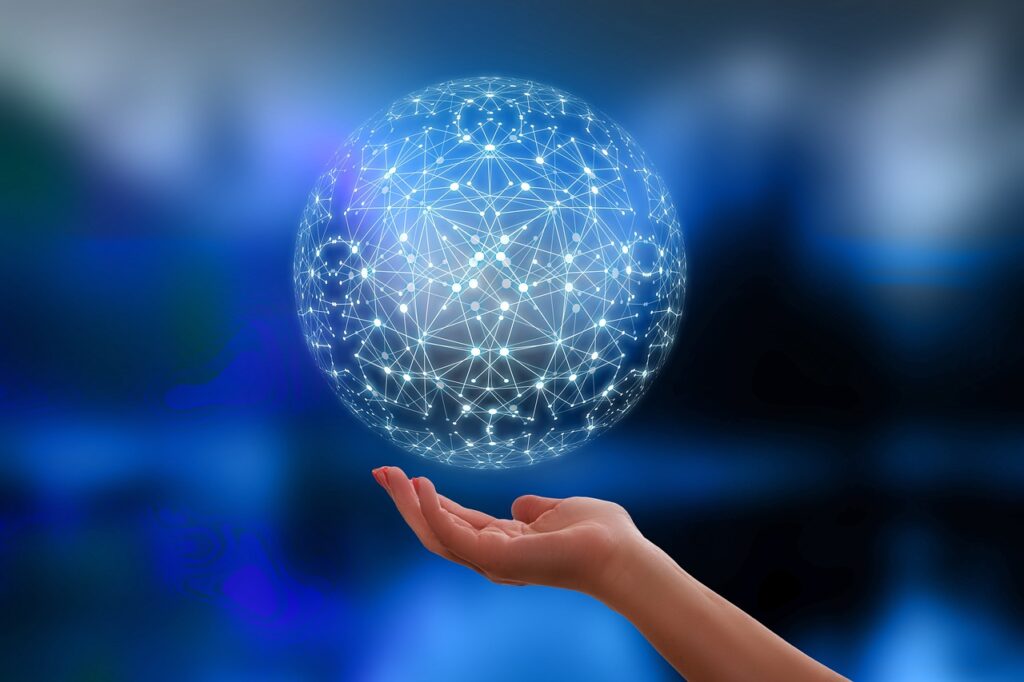
In recent years, blockchain technology has made significant strides across various industries, and gaming is no exception. The integration of blockchain into gaming ecosystems has sparked considerable interest and excitement, promising to revolutionize how games are developed, played, and monetized. This blog explores the transformative potential of blockchain technology in gaming, examining its key benefits, current applications, and future possibilities. If you’re curious about game development and want to learn more, click here.
Understanding Blockchain Technology
Blockchain, at its core, is a decentralized and distributed ledger technology that securely records transactions across multiple computers. Each transaction is stored in a block that is linked to the previous one, forming a chain of blocks—hence the name “blockchain.” This structure ensures transparency, security, and immutability of data, making it ideal for various applications beyond cryptocurrencies.
Benefits of Blockchain in Gaming
- Ownership and Digital Assets: One of the most significant advantages of blockchain in gaming is the concept of true ownership of digital assets. Traditionally, in-game items, characters, or currency are owned by the game developer or publisher. Blockchain allows players to own and trade these assets securely, independent of the game provider.
- Interoperability: Blockchain facilitates interoperability between different games and platforms. Players can use their assets across multiple games or trade them on external marketplaces, fostering a more open and interconnected gaming environment.
- Security and Fraud Prevention: The decentralized nature of blockchain enhances security by reducing the risk of hacks, fraud, and unauthorized modifications of game assets. Smart contracts and self-executing contracts with the terms of the agreement directly written into code ensure transparent and secure transactions.
- Monetization and Incentives: Blockchain enables new monetization models for developers and players alike. Developers can tokenize in-game assets, create unique items, or offer limited editions that can appreciate in value. Players can earn cryptocurrencies or tokens through gameplay achievements or contributions to the game ecosystem.
Current Applications of Blockchain in Gaming
- Gaming Marketplaces: Platforms like Decentraland, Axie Infinity, and Gods Unchained utilize blockchain to enable peer-to-peer trading of virtual assets, allowing players to buy, sell, and trade items securely.
- Ownership and Authenticity: Blockchain ensures the authenticity and provenance of digital assets, preventing counterfeit items and enabling players to verify the rarity and history of their acquisitions.
- Decentralized Gaming Platforms: Some blockchain-powered platforms aim to decentralize game development and governance, giving more power to the community in decisions affecting gameplay and economics.
Future Directions
Looking ahead, the future of blockchain in gaming holds exciting prospects:
- Scalability and Integration: Improvements in blockchain scalability are crucial for widespread adoption in mainstream gaming. Solutions like layer-two scaling and interoperability protocols are being developed to address these challenges.
- Virtual Economies: Blockchain could redefine how virtual economies operate, with assets transcending individual games and ecosystems. This could lead to new forms of collaborative gameplay and economic models.
- Regulatory Considerations: As blockchain gaming gains traction, regulatory frameworks around digital assets and decentralized platforms will likely evolve, impacting how games are developed, monetized, and accessed.
Conclusion
Blockchain technology is poised to transform the gaming industry by enhancing ownership, security, and interoperability while introducing innovative monetization models and decentralized governance structures. While challenges such as scalability and regulation remain, the potential for blockchain to revolutionize gaming experiences is undeniable. As developers and players continue to explore and adopt blockchain solutions, the future promises a more immersive, secure, and player-centric gaming ecosystem.
Blockchain in gaming isn’t just about playing games differently; it’s about reimagining the very structure and economics of gaming itself. As this technology continues to evolve, its impact on the gaming industry is likely to be profound and far-reaching.

